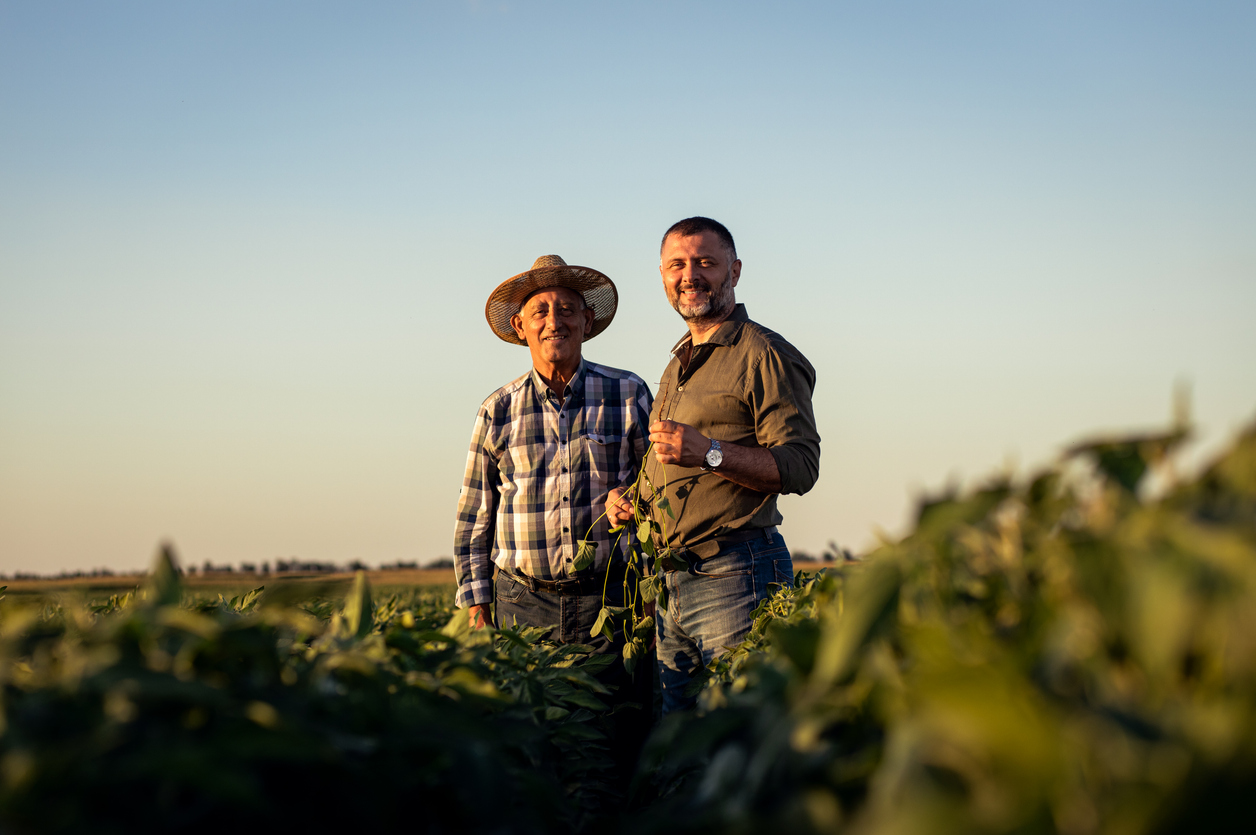Four years ago, during the legislative session, a lawmaker circulated talking points noting farmers could afford more taxes because they earned $250,000 working part-time.
This legislative session, during a work session on rural and agricultural mental health, a legislator asked how farmers and people living in urban environments were different.
During the same work session, another legislator asked how unions were involved in mental health respite activities in agriculture.
Suicide rates in agriculture are 3.5 times higher than that of the general population of the United States. Yet, services to address rural and agricultural mental health needs are often not taken seriously in Washington state.
Agriculture represents 12 percent of the state’s overall economy. Farmers, ranchers and food processors provide approximately $21 billion in revenue to this state. More than 171,000 people are employed in some part of the food supply chain in Washington state. To put that in perspective, there are nearly three times as many people employed in agriculture in Washington state as there are public school teachers. There were more people employed in agriculture than there were full-time employees in every Washington state department and agency combined in 2024. To further highlight agriculture’s contribution to the state, the governor just signed the largest budget in state history – $78 billion. If all of agriculture’s revenue were applied directly to the operating budget, it would provide nearly one-third of the state’s operating budget.
On a recent call with an agricultural organization, a board member noted the pressures of being a food producer in our state. Their primary occupation as a cattle producer had been negatively affected by gray wolves depredating their livestock for years. Their best efforts to work with agency officials, deploy all legal means to protect their animals and income, and be “part of the solution” had, ultimately, left them feeling as though they’d reached a dead end.
The systemic lack of empathy for agricultural producers in our state has grown well beyond believing food producers are wealthy through part-time work or not understanding the nature of agricultural work.
Whether it is high fuel prices, increased taxes, new business and operations taxes, overtime pay concerns, continued cost increases for inputs like seed, fertilizer, and herbicide, or myriad other worries, farmers and ranchers see these triggers as more than business concerns. These stressors are familial failures that can take their homes, end their marriages, and alter the futures of their children. Moreover, they are stressors that do not get left behind at the office; they are omnipresent for themselves and their families at kitchen tables, in living rooms, bedrooms, while listening to the morning and evening weather reports, and in every facet of daily life.
It is crucial for legislators to develop a greater sense of empathy for our food producers, just as empathy has been cultivated for teachers and state employees. Teachers and state employees are seen as individuals who work extraordinarily hard for the greater good in our communities. Teachers are elevated in our communities for educating our children while state employees are respected for keeping our departments and agencies functioning. Farmers, ranchers, and food processors work equally hard for the greater good of our communities by ensuring there is food available for people to eat.
It is time for Washington state to prioritize lifting the burden of regulations, unnecessary costs and undue fears from our food producers’ shoulders. The state can provide more mental health resources to rural and agricultural communities through peer-to-peer training. Financial burdens can be eased by enacting overtime flexibility for producers next legislative session. Additional worries can be alleviated by down-listing gray wolves to give ranchers more say in how they protect their livestock from depredations in the short- and long-term. Business and operation tax structures can be reorganized to give food processors a competitive advantage that keeps them profitable in a global marketplace while making food more affordable to local families.
By prioritizing the mental health of its farmers, ranchers, and food processors, our state is prioritizing the mental health of every Washingtonian.






